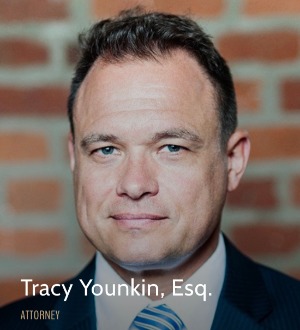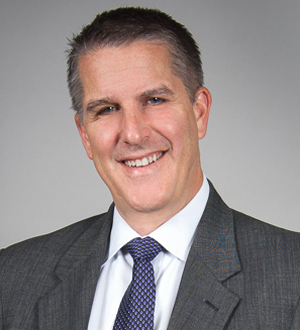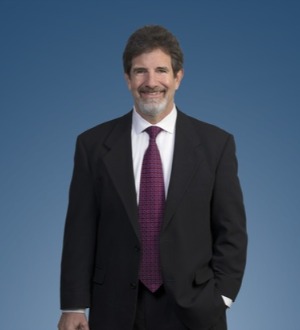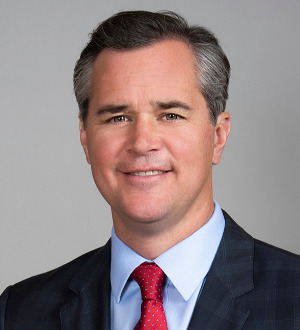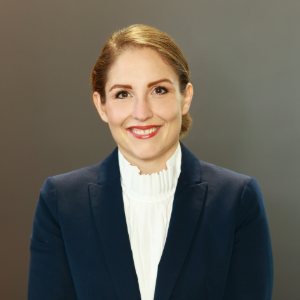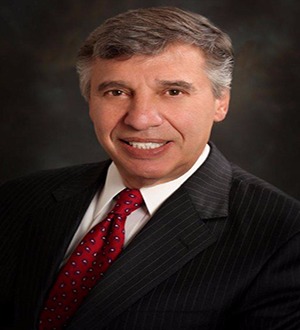Newton’s first law of motion states that a body in motion stays in motion and a body at rest stays at rest unless acted upon by an outside force. A pendulum demonstrates this principle. So too do the court decisions in Thole v. U.S. Bank N.A., 1 and in Boley v. Universal Health Services, 2 as Article III standing in ERISA pension cases is pulled first in one direction and then swings back in the other.
In Thole, the Supreme Court held that participants in a defined benefit plan lacked standing to challenge losses to their defined benefit plans when they themselves had not lost any retirement benefits. Unlike Thole, the Boley case involves a class action suit brought by participants in a defined contribution pension plan who allege that they did, in fact, suffer investment losses stemming from excessive fees associated with some of the plan’s investment options.
Specifically, the class representatives in Boley are three current and former employees of Universal Health Services. They have challenged, as excessively costly, annual recordkeeping and administrative fees, as well as 13 target date funds—called the Fidelity Freedom Fund suite—designed to shift investment strategy as a target retirement year approaches. The plaintiffs also challenged the method by which the plan fiduciaries selected and maintained investment options. In total, the plan offered 37 plan options, including the target date funds, which were default investments for participants who did not affirmatively elect alternatives.
The class representatives were all charged the annual recordkeeping and administrative fees and collectively were invested in seven of the 37 plan options. In an earlier phase of the case, Universal moved for partial dismissal, arguing that the named plaintiffs lacked Article III standing to challenge investment options in which they were not themselves invested, but the district court denied this motion.
Undeterred, Universal renewed this argument in opposition to the plaintiffs’ motion to certify a class of all current and former plan participants, arguing that because the named plaintiffs were not invested in 30 of the plan’s funds, they lack constitutional standing to challenge these investments and their claims were therefore not typical of the claims of other class members. The district court again rejected this contention.
On interlocutory appeal under 29 U.S.C. §1292(e) and Federal Rule of Civil Procedure 23(f), the Third Circuit affirmed. To reach this result, the Third Circuit looked to eachof the asserted claims. First, the court concluded, as Universal conceded, that the plaintiffs had standing to challenge the allegedly excessive recordkeeping and administrative fees, because these fees allegedly injured them and affected all plan participants in the same way. Second, the court concluded that the plaintiffs suffered a concrete injury with respect to the challenged investments in the Fidelity Freedom Fund suite because each of the plaintiffs was invested in at least one these funds.
Furthermore, the court reasoned, the plaintiffs challenged each of these target date investments on the same basis: that they were excessively expensive because they were invested in high fee actively managed funds rather than lower cost index funds. The court reached a similar conclusion with respect to the allegedly imprudent evaluation process.
Because the plaintiffs alleged that deficiencies in the process for selecting and maintaining investments (and in monitoring the other fiduciaries with respect to this process) led the plan to pay overall fees that were nearly double that of comparable plans, they adequately alleged harm for Article III purposes.
Thus, the appellate court concluded that Article III did not prevent plaintiffs from representing class members who were allegedly harmed by investments in other funds that were imprudent for the same reason, as the Third Circuit has previously held in Sweda v. University of Pennsylvania. 3 In reaching what it characterized as this “straightforward conclusion,” the court rejected Universal’s contention that Thole required it to adjust its analysis.
To the contrary, the court reasoned that Thole turned on the absence of any personal loss to the plaintiffs in that case, whereas the plaintiffs in Boley allege just such an injury stemming from the decisions and alleged failures of the defendant. Having concluded that the plaintiffs surmounted the Article III hurdle, the court had little trouble affirming the district court’s conclusion that their claims were sufficiently typical of the claims of the class to justify certification under Rule 23.
This was not to say, the court noted, that there were no factual distinctions among the plan’s 37 funds, given that some funds charged significantly higher fees than others. But these differences in degree of injury and level of recovery were not so significant as defeat class certification in the absence of potential or actual conflicts among the class members.
Thus, the court recognized that, although “there may be some situations where typicality for an ERISA class would not be satisfied unless the class representatives invested in each of the challenged funds . . . that is not the case here.” The Supreme Court in Thole admonished that ERISA’s protective purposes and broad grant of statutory standing do not vitiate the need for plan participants to establish Article III standing by showing that they have a concrete stake in the lawsuit.
Although Thole is now one of the most cited decisions in motions to dismiss ERISA fiduciary breach claims, the Boley case demonstrates that, despite Thole, the injury-in-fact requirement of Article III is still not “Mount Everest.”4 This is consistent with the rulings of the vast majority of courts presented with motions to dismiss fiduciary breach claims in the context of defined contribution plans.
With only a few exceptions, courts have had little problem since Thole concluding that participants in defined contributions plans possess Article III standing to challenge the management and fees associated with their plans.5
Thus, the pendulum swings back as Boley and other decisions conclude that participants who allege that they have lost retirement money because of plan mismanagement have standing to sue. At least in this context, courts are correctly refusing to “make standing law more complicated than it needs to be.”6
Endnotes 1 140 S. Ct. 1615 (2020). 2 34 F.4th 134 (3d Cir. 2022). 3 923 F.3d 320, 323 (3d Cir. 2019). 4 Blunt v. Lower Merion School Dist., 767 F.3d 247, 278 (3d Cir. 2014). 5 See, e.g., In re Omnicom ERISA Litig., No. 20-cv-4141, 2021 WL 3292487, at *8 (S.D.N.Y. Aug. 2, 2021) (noting that courts “have held that [Thole] has little or no relevance when evaluating standing in cases involving definedcontribution plans”); Mator v. Wesco Distribution, Inc., No. 2:21-CV-00403, 2021 WL 4523491, at *4 (W.D. Penn. Oct. 4, 2021) (collecting cases finding that defined benefit plan participants have standing even to challenge mismanagement, even with respect to funds in which they are not invested). 6 Thole, 140 S. Ct. at 1622.

